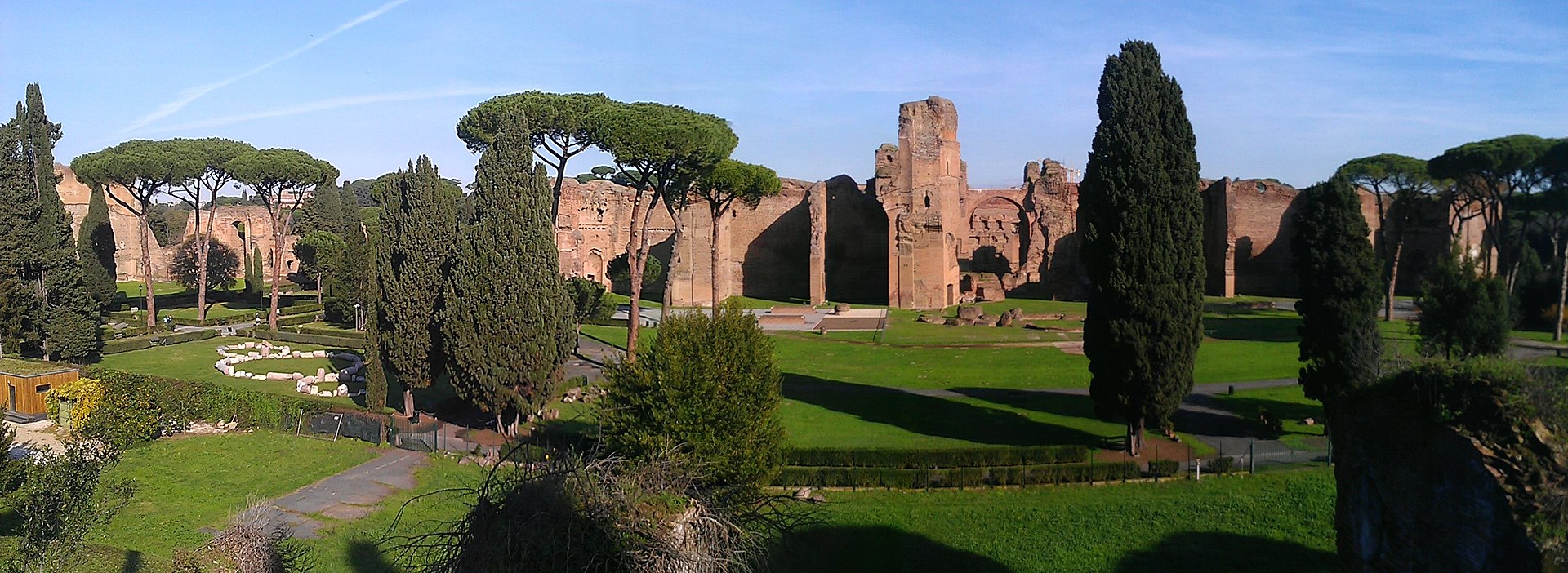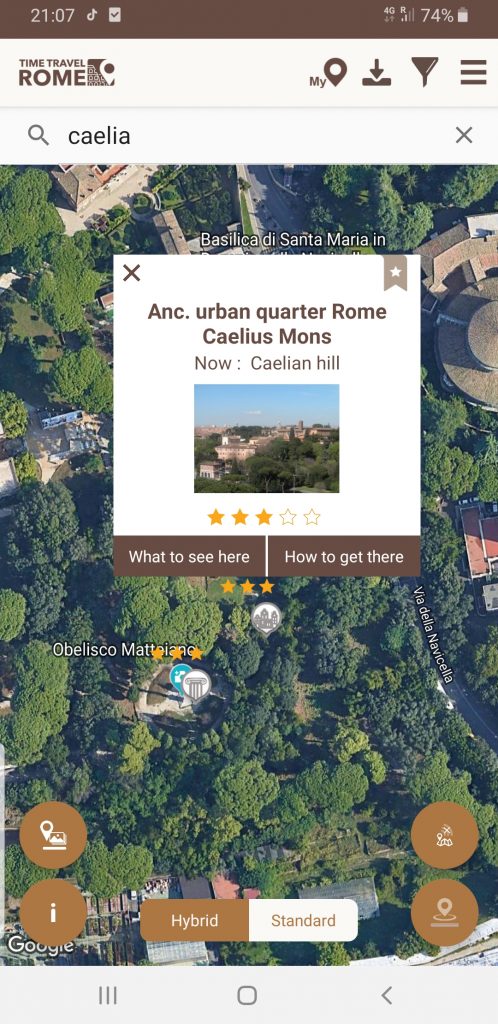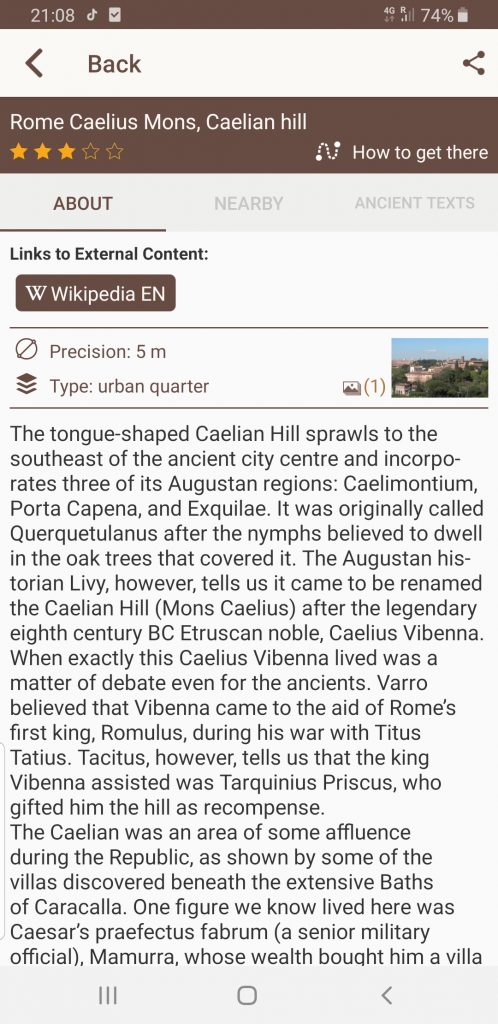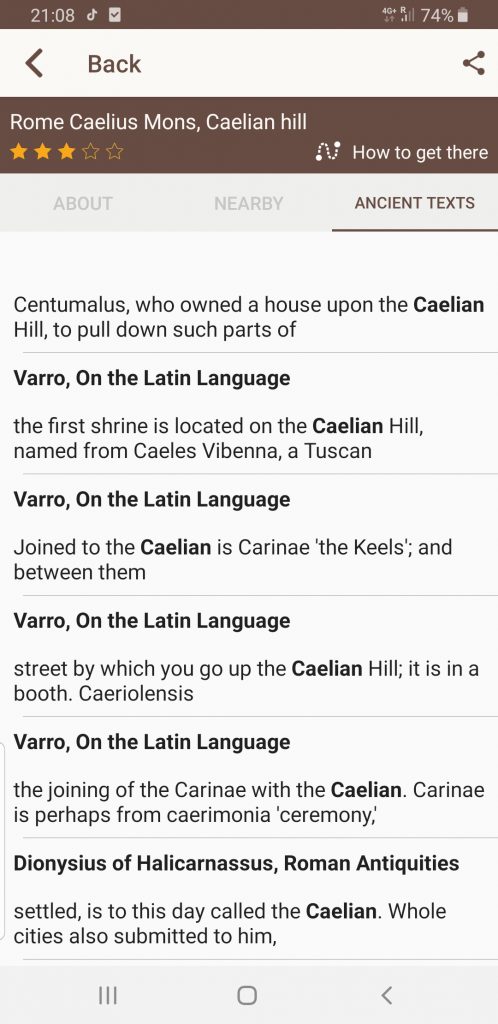“Until philosophers rule as kings or those who are now called kings and leading men genuinely and adequately philosophize, that is, until political power and philosophy entirely coincide…cities will have no rest from evils, nor, I think, will the human race.”
– Plato, Republic
A note from Marian Vermeulen (author):
I am a longtime lover of Marcus Aurelius. His picture is on the wall next to my desk with several of my favorite individuals from history and a copy of his Meditations lives in my bedside table. Having majored in history and philosophy in university, I have done several research projects focused on him and I am fascinated by his attempt to embody the concept of the ideal philosopher king, as well as finding that his personal stoic philosophy resonates deeply with my desires for my own life.
I’ve noticed in circles of Roman history lovers that there is a trend for folks to be dismissive of the idea of discussing Marcus Aurelius. The argument often hinges on the fact that people only like him because of seeing the movie Gladiator. I can understand why they might be frustrated with that kind of superficial excitement and interest, but I would argue that it makes it even more imperative to dive into the actual history. If all people know is a clip from a movie, or a brief overview done over and over again on a popular topic, how much more important is it to actually investigate? I hope, therefore, that you will join me in a short series that will dig into the details of the life of one of Rome’s great emperors.
Childhood on the Caelian
Marcus Aurelius was born Marcus Annius Verus on April 26th, 121 A.D. into a family of considerable status. His father was a high ranking Senator and his mother the heiress of a profitable brick factory. The family lived on the Caelian Hill of Rome, which housed many wealthy and elite Romans. Yet in 124 A.D., Marcus’s father died unexpectedly, leaving his widow with a three year old son and infant daughter, Marcus’s sister Annia Cornificia Faustina.
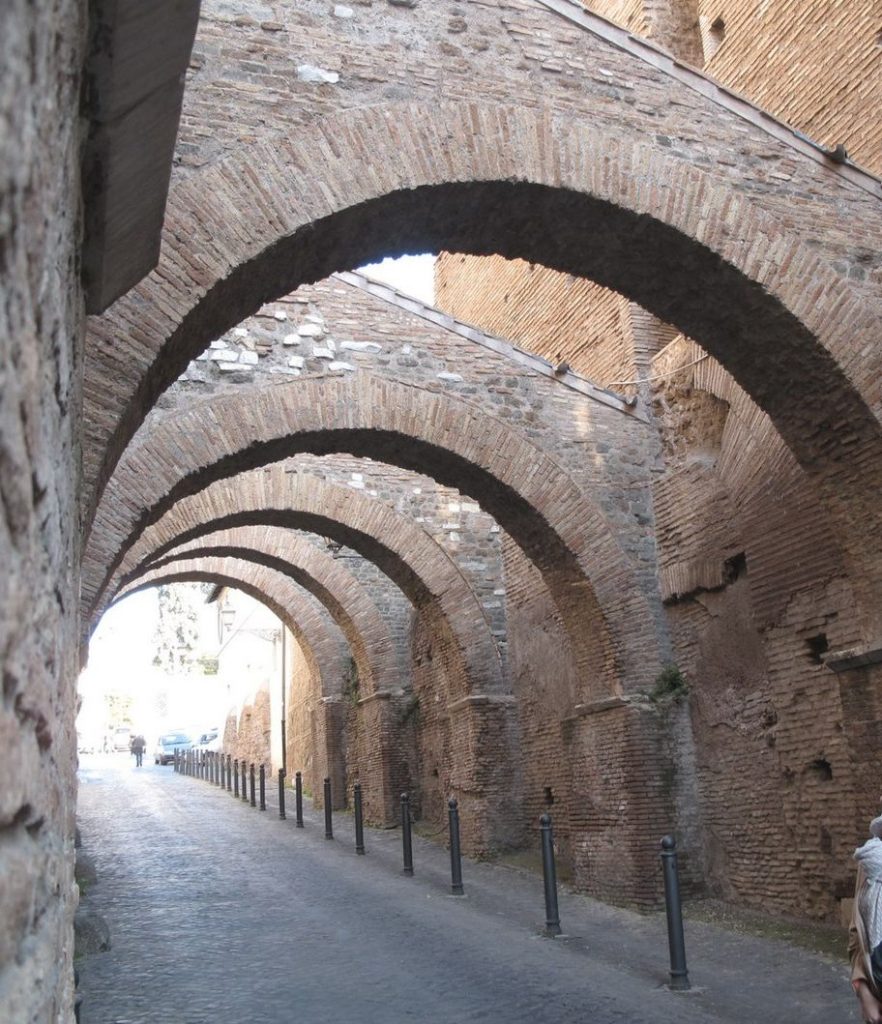
Luckily they had a loving family, and were taken in by Marcus’s paternal grandfather, whom Marcus later praised for his “courtesy and serenity of temper.” His maternal great-grandfather, Lucius Catilius Severus, also took a keen interest in the boy’s education and upbringing, to the extent that Marcus later added “Catilius Severus” to his name. Both of these prominent men were regulars in the imperial inner circle, Lucius in particular was a close friend of Emperor Hadrian. When Hadrian returned from one of his many tours of the empire, Lucius came to call, bringing with him his now four year old great-grandson.
Hadrian quickly developed a fondness for the “solemn child,” and spent many hours with him, often literally in his lap. His nickname for the boy was Verissimus, or “most truthful.” It was derived from Marcus’s cognomen, Verus, and also referenced the boy’s serious devotion to honesty, even as a toddler. Eager to help his new protégé, Hadrian enrolled Marcus in the equestrian order when the boy was only six, and at seven he named him to the priestly college of the Salii. As the group usually chose its own members, an imperial appointment was a mark of high favor.
A Philosophical Youth
Hadrian soon left on another tour, this time to Africa, but Marcus was already set on a path to success. He began his studies and quite enjoyed them, learning oration, literature, drama, music, geometry, grammar, and more. His favorite topic, however, was philosophy. He was instructed by a renowned stoic, Apollonius, who he described as “living proof that the fieriest energy is not incompatible with the ability to relax.” As early as age twelve, Marcus had committed himself to pursuit of stoicism. He began to dress in the simple style of Greek philosophers, and insisted that he should sleep on the floor as they did. His mother absolutely refused. Eventually they settled on a compromise, and Marcus exchanged his bed for a simple pallet covered with animal skins.
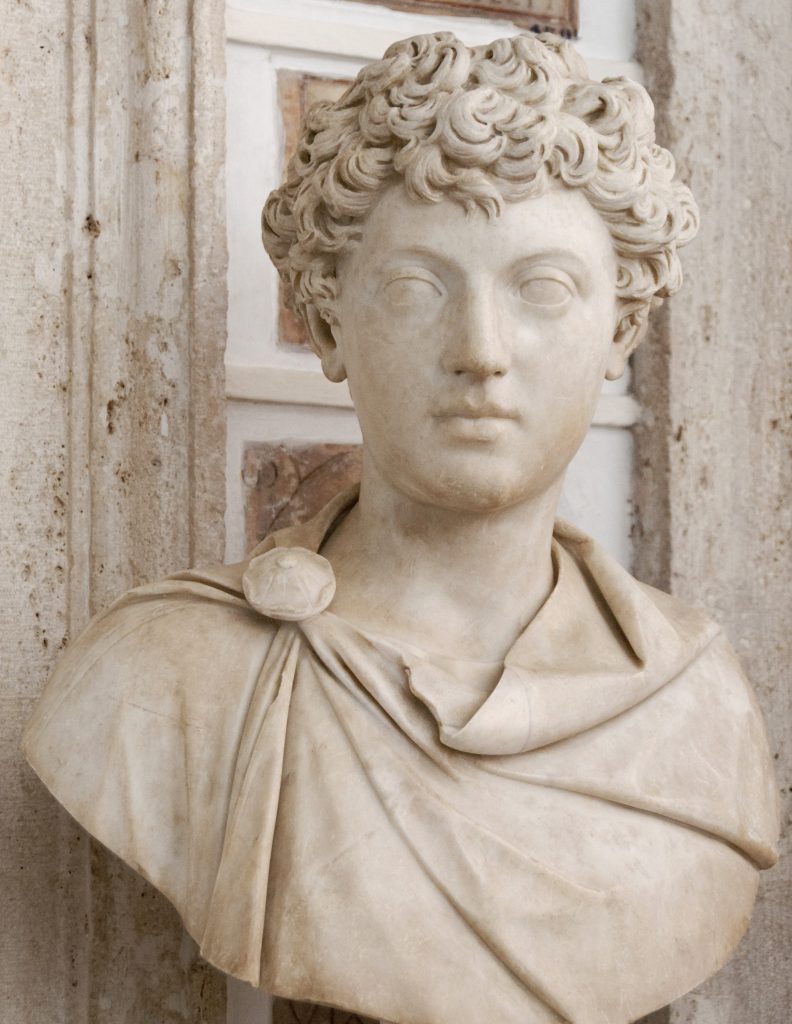
Hadrian returned when his Verissimus was thirteen years old. He was a kind, pleasant boy, though also very serious and focused, and Hadrian was just as pleased with him as before. When Marcus turned fifteen and received the toga virilis, marking him an adult, Hadrian appointed him prefect of the city during the Latin Festival, an ancient ceremony where the elder of the city processed out to sacrifice on the Alban Mount. Marcus was the honorary protector of the city while they were away, and apparently “he conducted himself very brilliantly both in the presence of the magistrates and at the banquets of the Emperor Hadrian.”
Heir to the Empire
Though Marcus enjoyed the same pursuits as other young men, and was skilled at boxing, wrestling, running, hunting, and ball games, “his ardour for philosophy distracted him from all these pursuits and made him serious and dignified. But, not ruining, however, a certain geniality in him.” He proved his devotion to the simple life of a stoic in his actions too. When he was seventeen, his paternal grandfather died, and his mother came to him to ask if he might leave some portion of his inheritance to his sister. Marcus replied that he was more than content with the estate that his maternal grandfather had left him, and he not only signed over the entire new inheritance to his sister, he also told his mother that she could leave her fortune to his sister as well.
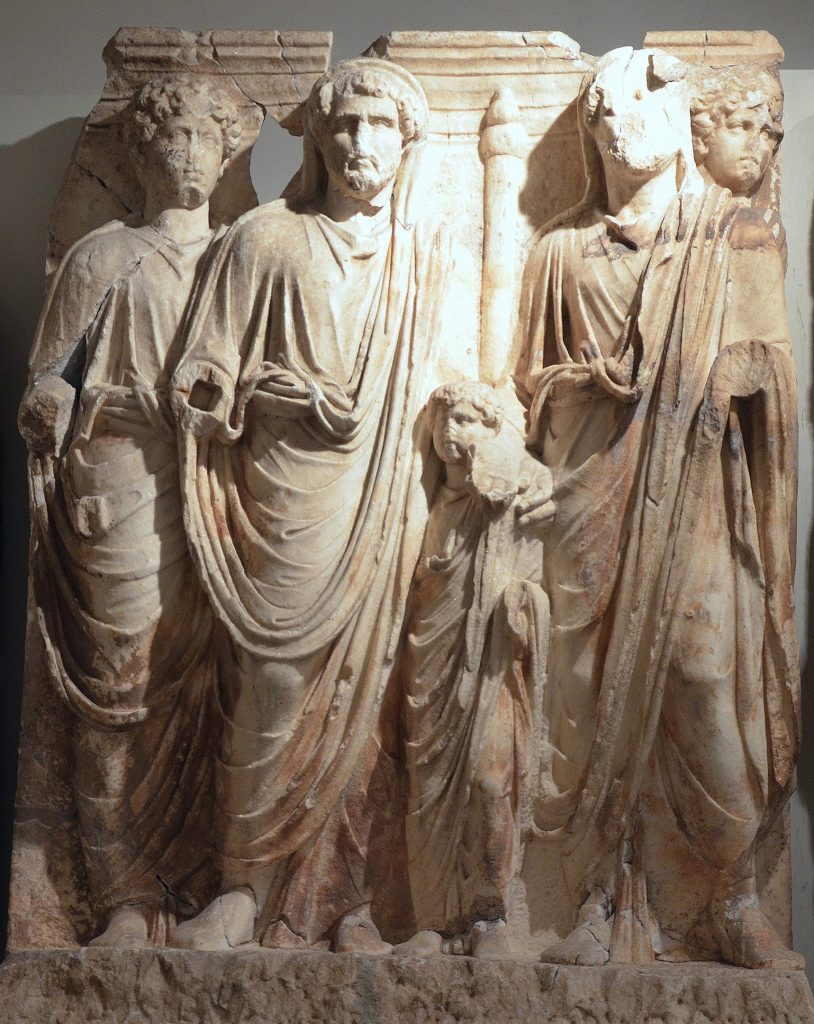
Meanwhile, Hadrian’s health had been slowly fading, and he was desperate to find an heir. He clearly wanted it to be Marcus, but his favorite was still too young for the position. Hadrian resolved to find a placeholder, an older statesman to hold the position until Marcus could take over. His first choice was Ceionius Commodus, and Hadrian insisted that Commodus adopt Marcus and betroth him to his own daughter, Ceionia Fabia. Commodus fit the role of temporary heir rather too well, however, for he died only about a year later, leaving Hadrian again without an heir. His next choice was Senator Arrius Antoninus, a man of significant wealth, influence, and character. Antoninus accepted the position, and also dutifully fulfilled the role of son to his new adopted father, remaining by Hadrian’s side as the dying emperor battled a painful and debilitating illness.
Emperor Antoninus Pius
Antoninus’s loyalty remained steadfast after Hadrian’s death, and earned him the title “Pius” from the Senate. Hadrian had maintained a shaky relationship with the Senate, and initially the governing body did not want to vote him divinity. Antoninus vehemently insisted, and finally gave them an ultimatum; he would refuse to be emperor if they did not grant Hadrian the expected posthumous honors. The Senate begrudgingly relented. Antoninus promptly adopted both Marcus and also the young son of Ceionius Commodus, Lucius.
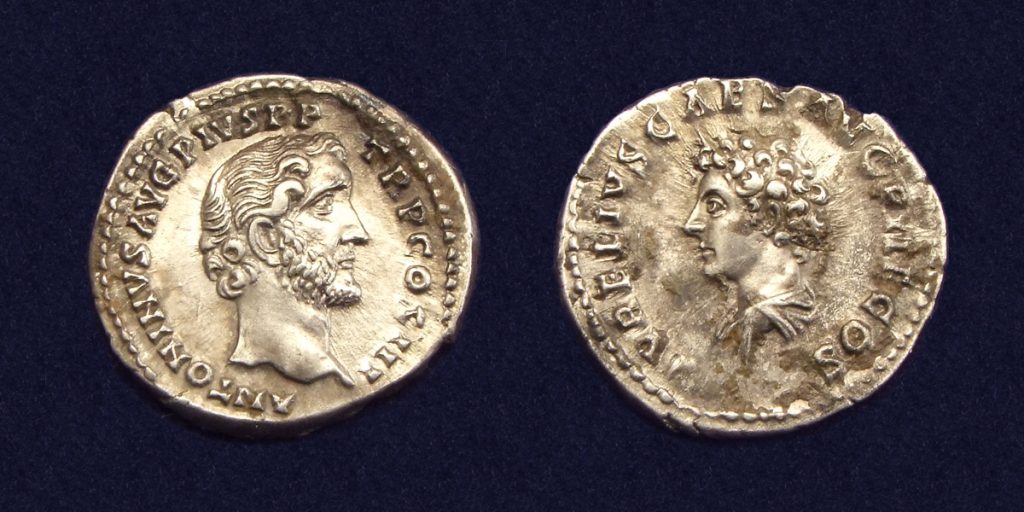
Marcus, however, was utterly appalled to be adopted into the imperial family, and had to be pressured into taking up residence at the royal palace. He was convinced that the position would hinder his pursuit of stoicism and righteous living, and when “the members of his household asked him why he was sorry to receive royal adoption, he enumerated to them the evil things that sovereignty involved.” Eventually he managed to make peace with the change, helped, no doubt, by the genuine respect, loyalty and deep affection that grew between Marcus and his adopted father, Antoninus Pius.
What to See Here?
The Caelian Hill’s main ancient site is the Baths of Caracalla, an enormous third century complex of which the main block alone sprawled more than 25,000 metres. Regrettably little of the villas survive that were built under it. Also worth visiting for the thirteenth century BC obelisk that stands within its surrounding parkland is Villa Celimontana. The villa stands on the peak of the Caelian while its grounds stretch on between the valley of the Aventine and the Caelian. Nothing remains of the Temple of Hercules Victor, which Corinth’s destroyer Lucius Mummius erected on the hill between 146 and 142 BC near where the Church of Santi Quattro Coronati now stands. Visit the Vatican Museums, however, and you can find the temple’s original dedicatory inscription.
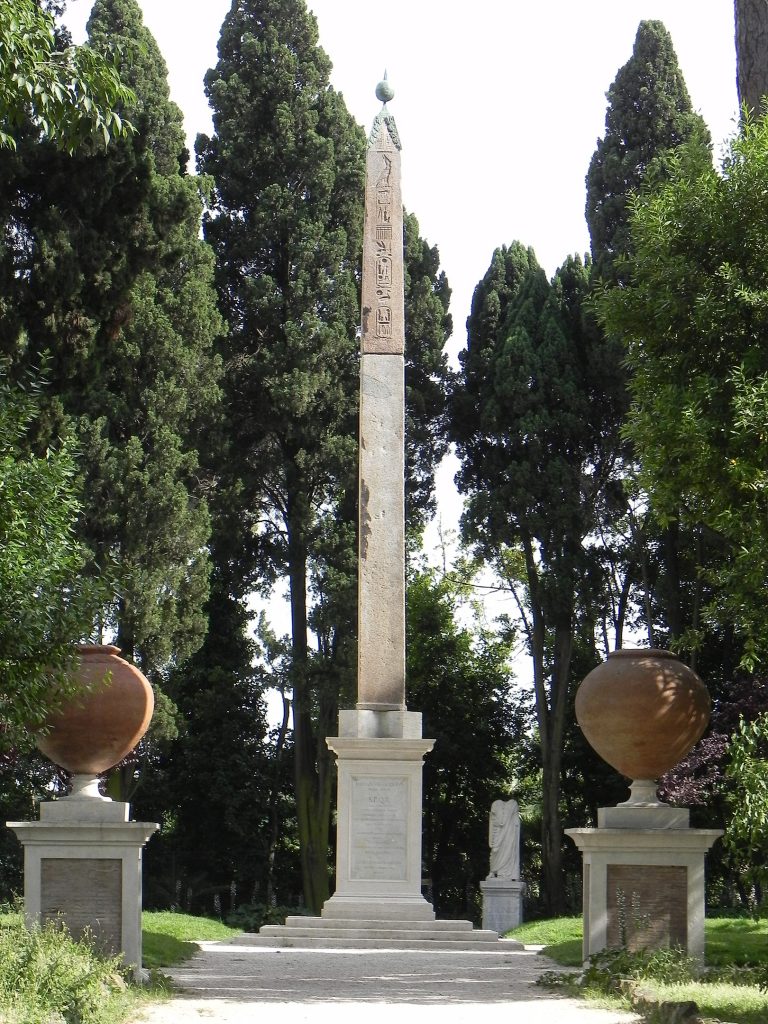
Caelian Hill on Timetravelrome App:
Author: Marian Vermeulen for Timetravelrome
Sources: Cassius Dio, Roman History; Marcus Aurelius, Meditations; Sextus Aurelius Victor, Epitome De Caesaribus; Historia Augusta, The Life of Antoninus Pius.
Header image: Baths of Caracalla, photo by Ethan Doyle White, licensed under CC BY-SA 4.0.
